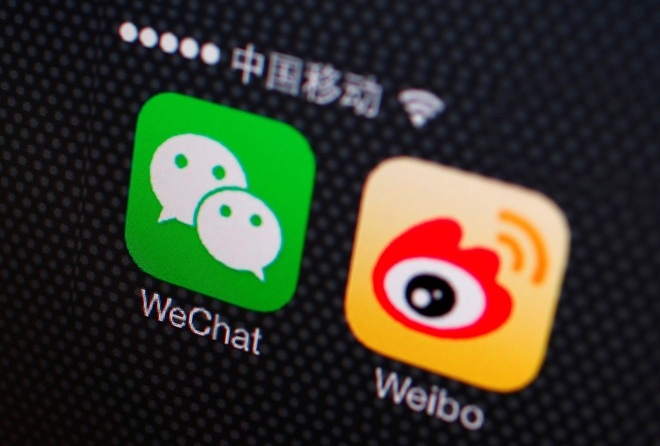China launches online news purge campaign
- Tram Ho
According to the remote meeting summary of the Central Propaganda Department of the Communist Party of China, the campaign targeted the unauthorized news activities of employees and news organizations, Internet platforms and public accounts, unrecognized social organizations and individuals.
China has one of the most sophisticated and extensive information control systems in the world. The government also strictly regulates licensing when reporting. Details of the new campaign have not been disclosed, but it is expected to affect social networking platforms such as WeChat and Douyin. For instance, public accounts may post less, resulting in a loss of more followers. However, in the long run it has a positive impact on the social media environment in general, according to Zhang Yi, CEO of research firm iiMedia.

The campaign was jointly carried out by 10 Chinese government agencies, including the Propaganda Department, the Cyberspace Administration, the Supreme People’s Court, the Supreme People’s Procuratorate, and the Ministry of Industry and Information Technology. , Ministry of Public Security, Tax Administration, State Administration of Market Regulation, State Administration of Radio, Film and Television, Journalists Association.
The campaign is carried out on the basis of promoting new policies from leading national propaganda agencies. This week, they urged better “art and culture appreciation” in the country, in part by limiting the role of algorithms in content distribution.
“Citizen journalists” became more popular thanks to social networks. However, they are not recognized and licensed by the Press and Publication Administration. As of November 7, 2020, China has 228,327 licensed journalists. The country began licensing “news services” to several social media platforms in 2017.
Part of the campaign is aimed at dealing with disinformation about an individual or organization in order to “fake money”. For example, last month, a blogger was arrested in Shenzhen on charges of “illegally receiving money” and regularly posting fabricated stories about the economic collapse in the US, the financial war between the US and China. Another WeChat user was arrested for blackmailing a real estate business in Shaanxi.
According to SCMP
Source : Genk
